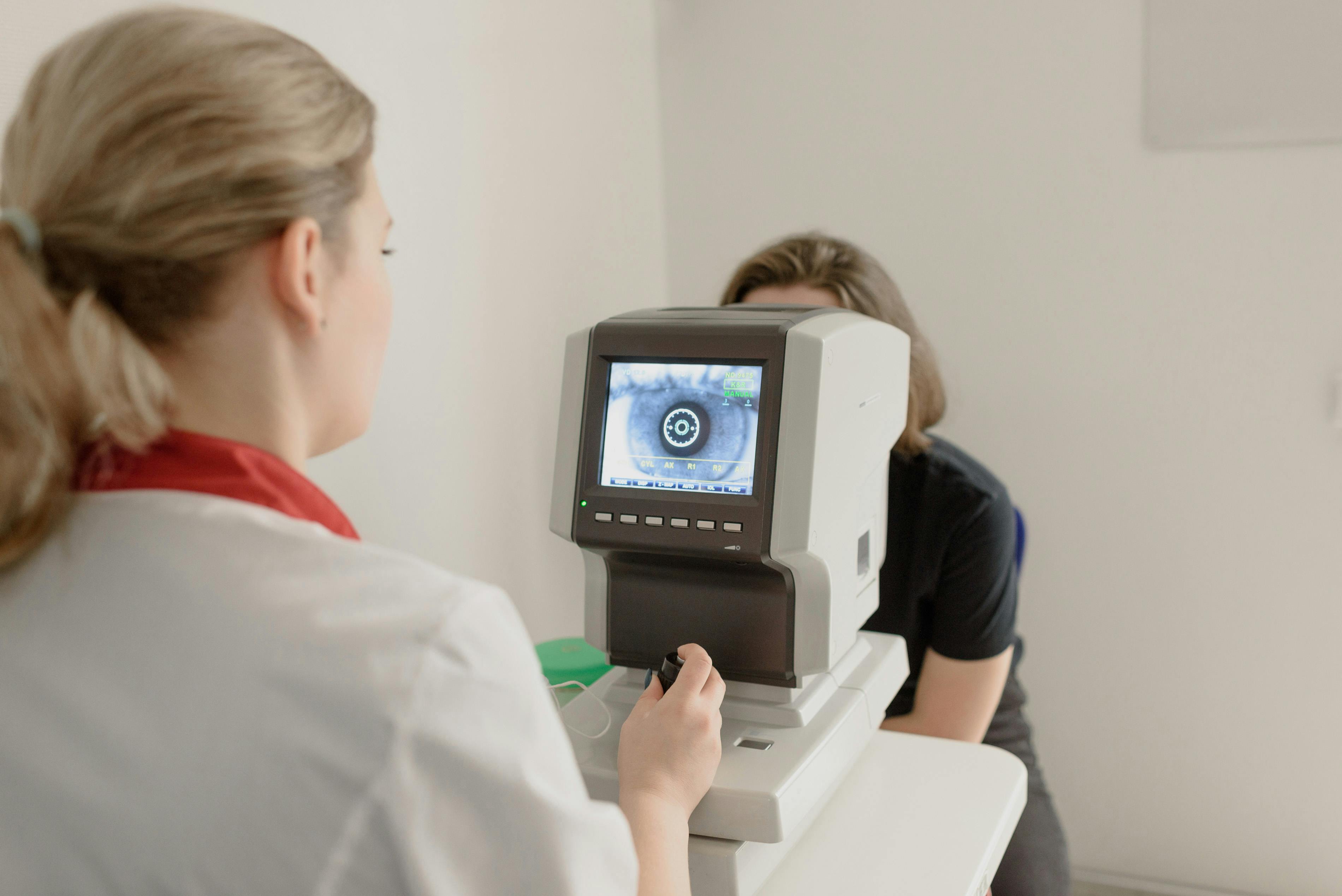 An eye examination is simply a series of visual tests done to assess the ability to focus and see objects clearly and safely. It also consists of several tests and exams pertaining to your eyes. An ophthalmologist, optometrist, optician, or eye surgeon usually performs eye exams. There are various kinds of eye exams that are available to you. These include visual acuity tests, refraction tests, eye relaxation tests, and other visual tests.
An eye examination is simply a series of visual tests done to assess the ability to focus and see objects clearly and safely. It also consists of several tests and exams pertaining to your eyes. An ophthalmologist, optometrist, optician, or eye surgeon usually performs eye exams. There are various kinds of eye exams that are available to you. These include visual acuity tests, refraction tests, eye relaxation tests, and other visual tests.
A visual acuity test checks your ability to see things clearly at various distances. Your vision is measured against a specific scale. If you have an acuity of above 20/100, it means your vision is very clear and capable of making out details from a distance. A doctor may conduct this most common vision exam during an examination.
Refraction tests check for gaps and blur in your vision. They measure how well your vision is aligned in the middle of your field of vision. A blurry or distorted view can be detected. This is called your refractive error and can range from nearsightedness to farsightedness. Peripheral vision, on the other hand, refers to your ability to see things that are close to your eyes, such as a tree in your front yard or a car driving by.
An eye examination includes a test called a visual field test. This test measures the fluency and the sharpness of your vision. This is usually conducted while your eyes are open. The doctor will direct a bright light toward your eyes and ask you to look at it. He will then determine if your eyes are clear and if there are any irregularities in your vision.
A visual acuity test is also conducted during an eye exam. This test measures the ability of your eyes to see color. You might have problems seeing colors at different distances and cannot focus on a close object when looking at it far away. A doctor can conduct a visual acuity test to find out your ability to see color.
A refraction exam is also performed during an eye exam. During this exam, a doctor will take a look at your eyes and check if they are functioning properly. Refractive errors may include myopia, hypermetropia, presbyopia, and astigmatism. If one or more of these conditions is present, your vision will need to be improved. You should talk with your ophthalmologist regarding your condition and find out what options are available for treatment.
Eye exams are performed to identify problems with your eyesight and to find out if you need glasses or contact lenses. You should visit your doctor regularly to monitor your general health and your vision. If you need glasses, talk with your doctor about which option is best for your needs. Your eye health and vision should always be your doctor’s first priority.

This is a great site